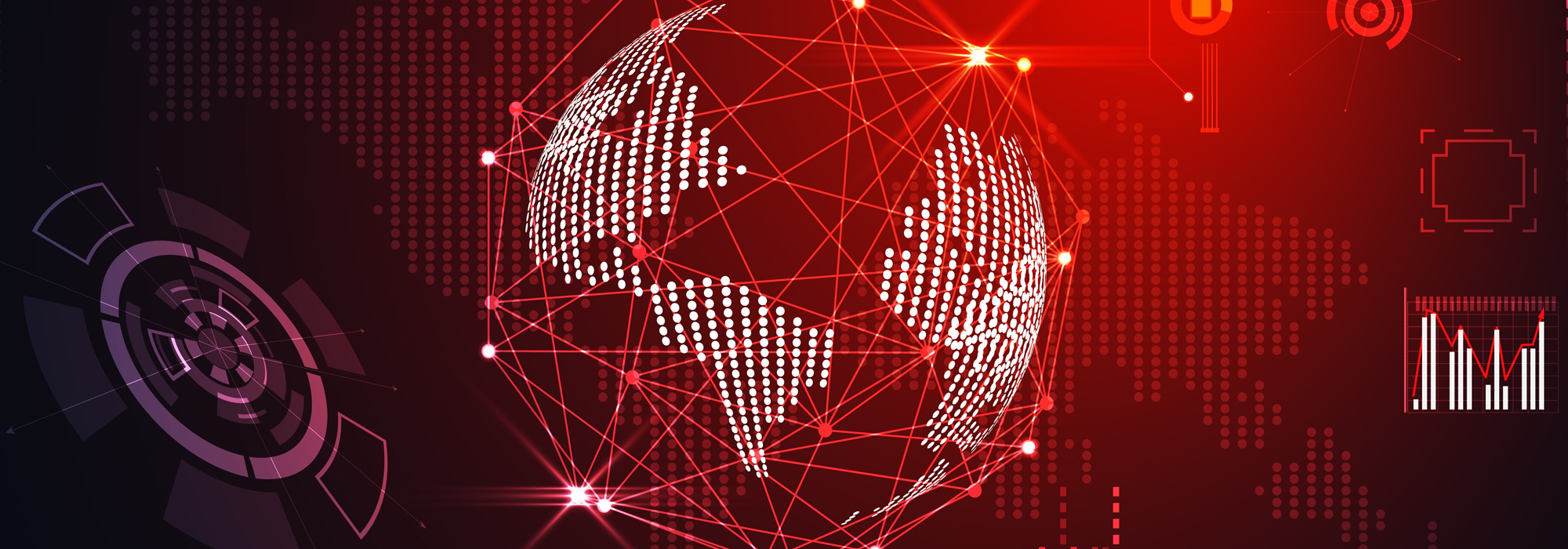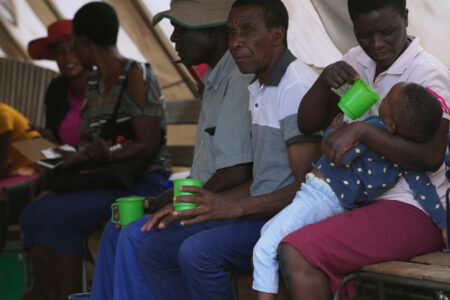
Should Canadian intelligence agencies report on pandemics? Yes. Deploying the warning and analysis capabilities of the community should be part of a whole-of-government approach to a global health emergency.
The World Health Organization receives notification of a serious disease outbreak from the impacted country. That country must then take the comprehensive and often painful countermeasures needed to halt further transmission. Reporting from an outbreak country is not always accurate, and the required action is not always timely.
Canada’s intelligence collection and analysis assets can contribute to three necessary government capacities as a pandemic develops. First, Canadian intelligence, and that of our Five Eyes intelligence partners, can increase the possibility that we will get early warning of an outbreak that has not been reported to the WHO. Second, it can supply insight into whether a foreign government is taking the steps that will halt domestic and global transmission. Third, intelligence analysis will help foresee the possible geopolitical consequences of a major disease outbreak.
These intelligence capacities are always there to be mobilized. Collectors and analysts constantly monitor priority countries of interest. They can track factors that influence how countries respond to pandemics: the quality of governance, geopolitical goals, economic necessities, and the diverse actions of multiple players, with good or malign intent.
Until there is a post-emergency review of how Canada has handled the pandemic, we won’t know how effective the Canadian machinery of government has been. Canadian leaders have provided strong leadership and have been open with Canadians. However, Canada was clearly less well prepared than it should have been given that a major pandemic was seen by health authorities as inevitable. We can uncomfortably predict that there will be other pandemics, so an after-action review is essential.
What questions should a review ask?
There are many.
Why did pandemic preparation slip down the list of critical risks to national security? Can we build a process that weighs all potential emergencies and their potential consequences, and keeps them all in focus even as one becomes dominant in the public mind? This is a common dilemma in the security and intelligence world. As one risk becomes urgent, it does not follow, unfortunately, that others will diminish. Without new resources, new threats displace necessary strategies to deal with continuing risks.
Intelligence can be one source warning of the onset of a health emergency. Intelligence analysis can describe the possible geopolitical consequences. Did Canadian decision-makers receive useful input from the Canadian intelligence community? Canada has its own intelligence collection, and access to the collection from our Five Eyes partners — the United States, the United Kingdom, Australia and New Zealand. Cyber and satellite information is immediate. Human intelligence reporting takes time but can provide evidence that a regime is intentionally or unintentionally failing to report on disease outbreak or deal with it.
During the serious avian flu outbreak in 2006, the Intelligence Assessment Secretariat in the Privy Council Office monitored global intelligence on the outbreak and included avian flu reporting in daily intelligence summaries. This increased government knowledge of countries that were not reporting outbreaks or did not destroy flocks of domestic birds that were vectors for the virus.
For COVID-19, was the intelligence coordination machinery effective, and was reporting and analysis smoothly incorporated into decision-making? Canadian intelligence coordination has steadily improved since 9/11. The National Security and Intelligence Advisor (NSIA) in the Privy Council Office oversees Deputy Minister and Assistant Deputy Minister Committees that can set intelligence priorities and assign different aspects of an intelligence question to the departments and agencies best placed to handle them. This machinery can ensure that intelligence agencies are tasked to support Health Canada and the Public Health Agency of Canada. Are extra resources needed so that the NSIA and the community can play their necessary role in warning of a crisis, analyzing responses, and foreseeing the short- and longer-term consequences?
Early warning is necessary but obviously not sufficient. Decision-makers have to be persuaded by the analysis they receive. Did decision-makers get accurate warnings? Were they useful? China’s authoritarian rulers routinely suppress news, which reflects badly on the regime. China analysts would certainly caution against taking official statements as complete and accurate. Their analysis would weigh other evidence that would corroborate or contradict official Chinese statements. Was this skepticism factored into Canada’s pandemic response?
Are new resources needed? If intelligence input is seen as necessary, this need not mean an expensive and potentially duplicative tasking for intelligence services. Intelligence will play a supportive role, but health officials will provide the lead.
The head of the Communications Security Establishment’s Canadian Centre for Cyber Security testified to the House of Commons Standing Committee on Industry, Science and Technology on May 20 that it was investigating possible security breaches at organizations carrying out COVID-19 research. Were these attempted breaches widespread, and were they successfully disrupted?
Are new resources needed? If intelligence input is seen as necessary, this need not mean an expensive and potentially duplicative tasking for intelligence services. Intelligence will play a supportive role, but health officials will provide the lead. What does the intelligence community need so that it can provide that support?
The work of the Public Health Agency of Canada (PHAC) is supported by the Global Public Health Intelligence Network (GPHIN), a branch of PHAC that specializes in open source intelligence (known as OSINT). OSINT combs through unclassified sources such as newspapers, but also searches social media posts and pictures, and employs technical tools including commercial satellite imagery. New technical tools are increasingly available, but at the same time access to social media communications has been increasingly restricted. Democratic governments want to protect user privacy; authoritarian rulers are cracking down on social media posts that can be used in open source investigations.
GPHIN has commissioned a project titled Internet-based Surveillance Informing Global Health Threats (InSight). InSight is mobilizing artificial intelligence experts and epidemiologists to refine GPHIN’s ability to search automatically for key words and other indicators that could signal a health emergency. Open Source Intelligence can provide in-depth intelligence that exposes what countries want to keep hidden and can do so very quickly. Does GPHIN need extra resources for this upgrade?
Canadian intelligence agencies, such as the Department of National Defence and the Canadian Security Intelligence Establishment, have open source exploitation capacity, but an upgraded GPHIN should remain as the locus for open source health intelligence. It can connect easily to health experts in the Canadian government, and to the World Health Organization. Covert intelligence is a complementary but separate stream.
The intelligence community can provide critical analysis of the global security implications of the coronavirus emergency. How will our future global security environment be shaped by the coronavirus emergency? The relative effectiveness of authoritarian regimes and democratic regimes in managing a pandemic is already a contentious issue — with mixed evidence on both sides of the argument.
If there is a comprehensive review of Canada’s performance during the emergency, who should conduct it? Ideally there would be one over-arching public review covering all areas of government tasked to integrate all the lessons we have learned. Designing such a review will not be easy, particularly since a federal election could come at any time once the crisis is past. Our national need is a thorough, integrated and non-partisan review, conducted independently of federal and provincial governments but drawing conclusions useful to all of them.
This should not prevent specialized reviews within the health sector, the economic sector or the security sector. In the latter case, the National Security and Intelligence Committee of Parliamentarians is equipped to handle an investigation that could involve classified material. It can report its conclusions to the government, to a review body with a comprehensive mandate, and to the public.
The intelligence community has learned that responding to a new threat requires the mobilization of all available resources, community-wide information sharing, and an integrated community response. This time the threat requires a whole-of-government response, with the capacities of the intelligence community mobilized so that decision-makers can draw on a full spectrum of information and analysis capabilities.
This article is part of the The Coronavirus Pandemic: Canada’s Response special feature.










